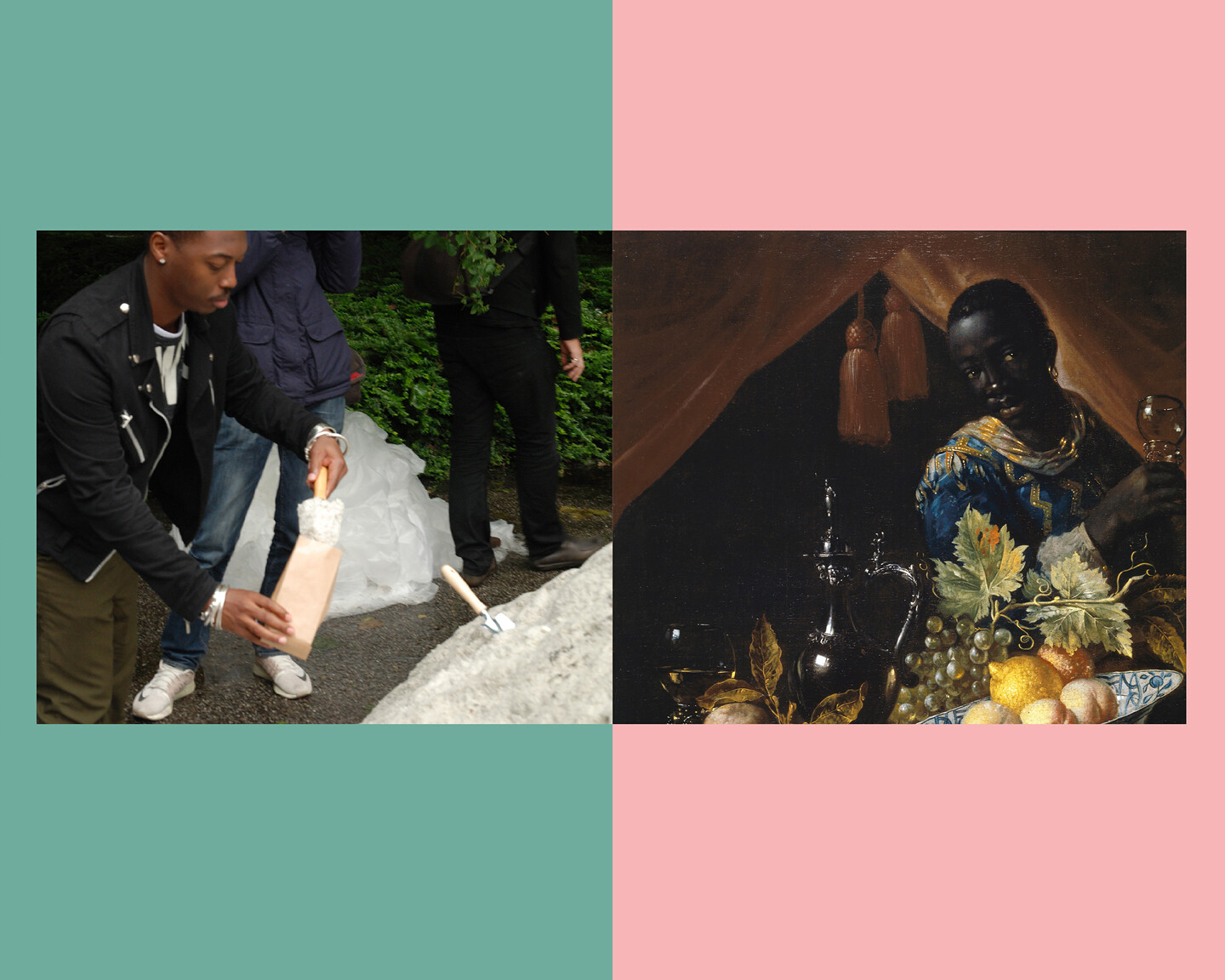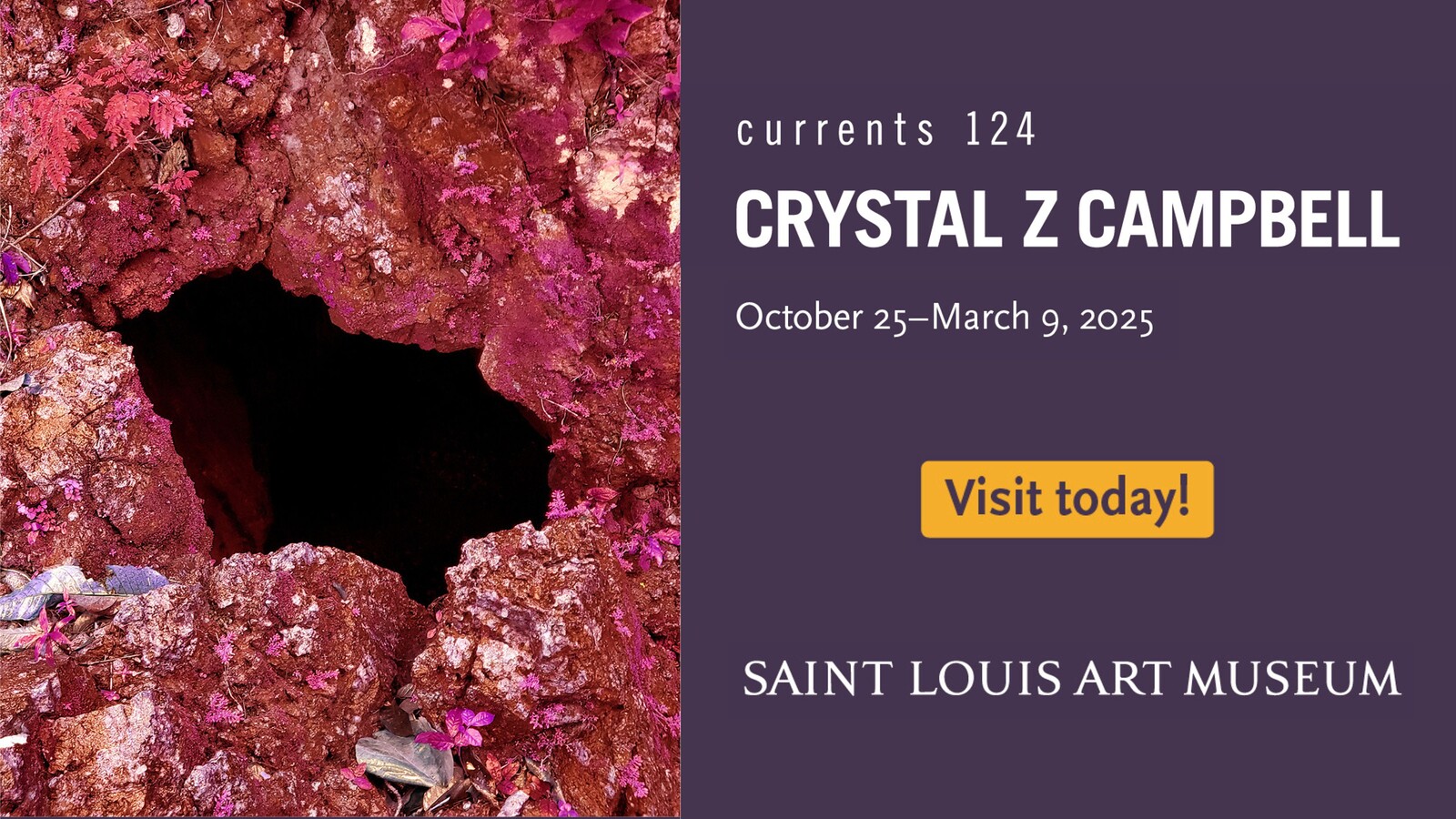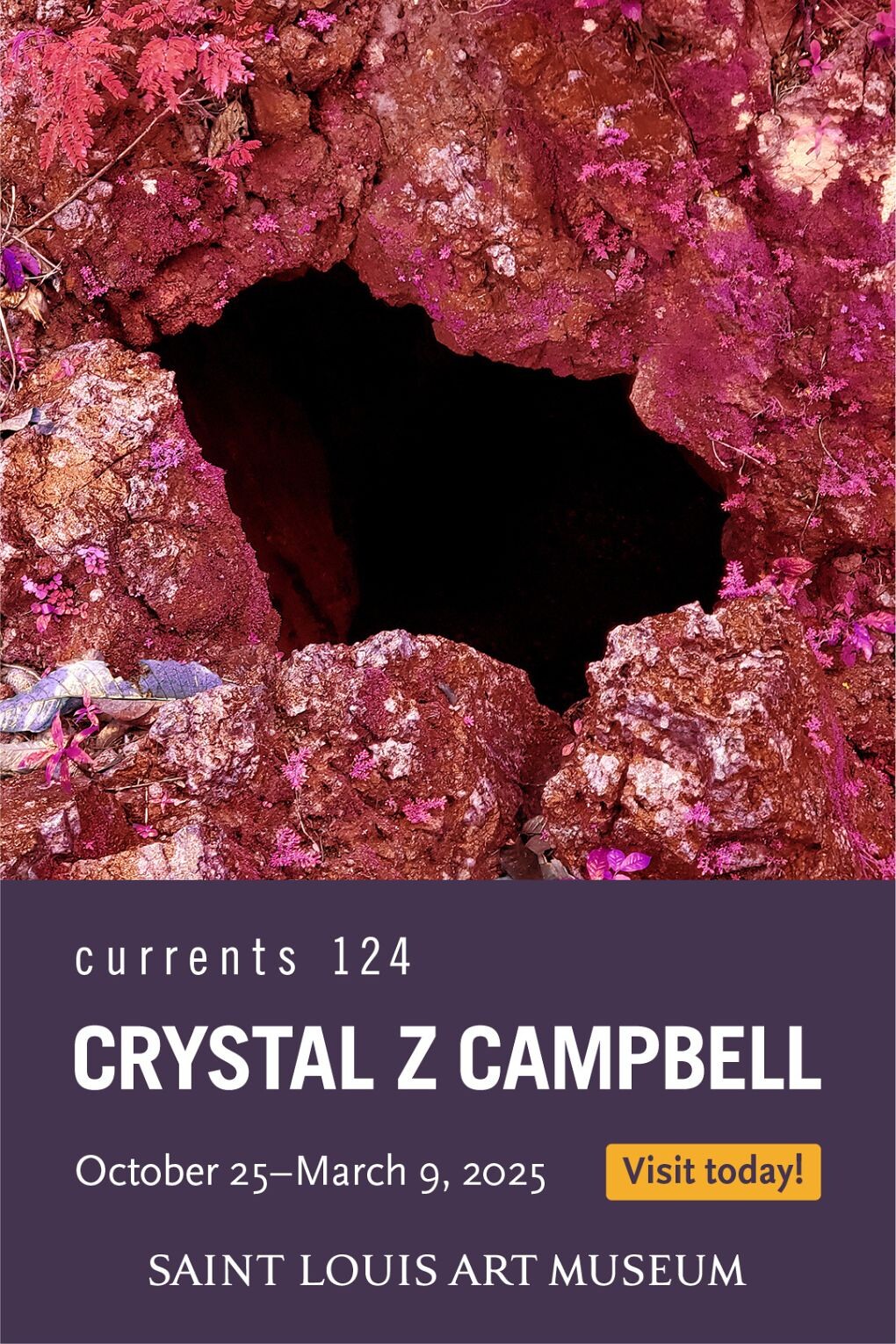September 23, 2017–January 7, 2018
De Hallen Haarlem
A Global Table runs at the Frans Hals Museum and De Hallen Haarlem from September 23, 2017 to January 7, 2018. This unique exhibition, featuring old and new art, showcases the magnificent food still lifes of the Golden Age. It offers an alternative reading of these works as documents of an eventful history. What does the food we see tell us about the Netherlands’ colonial and trade relations in the sixteenth and seventeenth centuries? Curatorial Fellow Abigail Winograd (Israel, 1983) initiates dialogues between some thirty exquisite still lifes and works by contemporary artists who are interested in world trade and the effects of colonialism.
The expansion of European power in the Americas at the end of the fifteenth century initiated an interchange not just of peoples and cultures but of flora and fauna as well. The landing of Spanish conquistadors in the New World marked the beginning of the Colombian Exchange: the massive transfer of agricultural products and foodstuffs from the New World to the Old and back. This exchange of goods was not exclusively a transatlantic affair: new foodstuffs also came to Europe via overland and overseas trade with Africa, East and South-East Asia, and India. As European imperialism transformed the map of the world, establishing a truly global network of trade in the process, so too did it transform the European table through the introduction of items such as tea, sugar, coffee, tomatoes, potatoes and corn. As the masters of international trade, the Dutch in particular saw their economy grow exponentially throughout the sixteenth and seventeenth centuries, based precisely on this exchange of goods. It is no surprise that many of these new products eventually found their way into still-life painting, the genre that exemplarily visualized the “embarrassment of riches” of the Dutch golden age.
A Global Table juxtaposes Dutch and Flemish Golden Age still lifes with works of contemporary art as a way of understanding global historical, political and cultural developments from the seventeenth century to the twenty-first. Rather than engaging in traditional art historical analysis, the exhibition proposes that Old Master paintings can be read as historical texts. The exhibition invites the viewer to pose three simple questions about still life painting: What is it? Where did it come from? What did it take to get it there? In answering these questions, the paintings reveal themselves as documents of the expansion of Dutch economic power, its colonial empire and its participation in the establishment of the global economy. In the past decades, the politics of food have reasserted themselves in the global community’s cultural consciousness, and the socio-economics of food production and consumption have become a growing concern of an increasing number of artists. The contemporary art works in the exhibition engage with the same set of questions, prompting inquiries about the political and cultural meaning of food, the politics of trade and the persistence of discrepancies in global wealth and power initiated and perpetuated by colonial relationships. In so doing, A Global Table explores the convergence of the politics of food with the politics of international trade—with wide-ranging economic, environmental and social consequences. Recent global political developments reveal the continued urgency of questions raised by the opening and closing of borders in politics as much as art, on our tables as much as in our daily lives.
The exhibition will occupy both De Hallen Haarlem and the Frans Hals Museum and includes works by:
Contemporary art
Felipe Arturo, Sarnath Banerjee, Ellen Gallagher, Patricia Kaersenhout, Gulnara Kasmalieva & Muratbek Djumaliev, Nelson Leirner, Hew Locke, Rivane Neuenschwander, Wendelien van Oldenborgh, Shelley Sacks, David Schutter, Hank Willis Thomas, Mona Vatamanu & Florin Tudor, Judith Westerveld
Old Masters
Balthasar van der Ast, Philippus Baldaeus, Osias Beert, Gerrit Adriansz. Berckheyde, Pieter Claesz, O. Dapper, Floris Claesz van Dyck, Pieter Gijsels, Willem Claesz Heda, Jan Davidsz de Heem, Willem Kalf, Gerard de Lairesse, Abraham Mignon, Maria van Oosterwijck, Joan Nieuhof, Clara Peeters, Willem Piso, Franz Jansz Post, Hubert van Ravesteyn, Pieter de Ring, Pieter Gerritsz van Roestraeten, Maria Schenk Weduwe Leonard Valck, Floris Gerritsz van Schooten, Jurriaen van Streeck, Abraham van den Tempel, Jan Van de Velde III, Claes Jansz. Visscher, Cornelis van Wieringen.
Transhistorical Curating Fellowship
Abigail Winograd is the first curator to hold the Transhistorical Curating Fellowship which the Frans Hals Museum | De Hallen Haarlem has launched in order to foster meaningful and surprising ways to link old and contemporary art.
The Curatorial Fellowship and the exhibition project A Global Table are made possible by the exclusive support from the Van Toorn Scholten Foundation. Winograd (Israel, 1983) is an independent curator, who gained her doctorate at the University of Texas in Austin. Her area of research encompasses Pre-Columbian, modern and contemporary Latin-American art.
Connect



